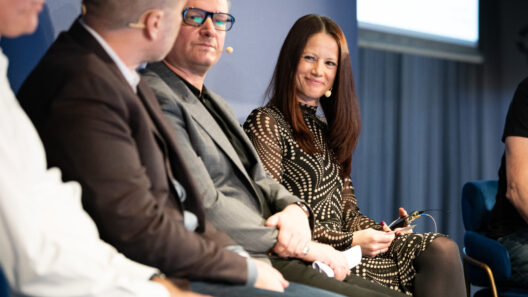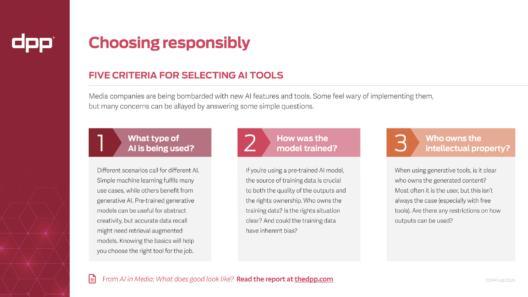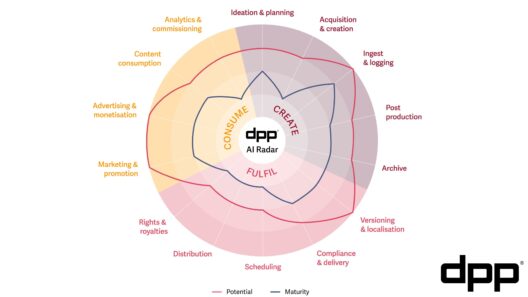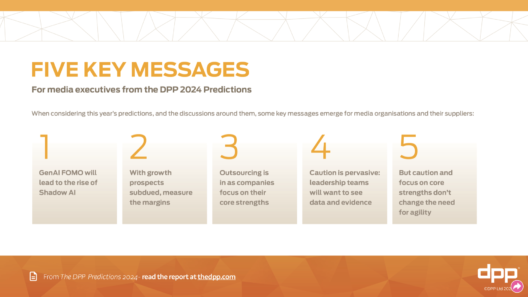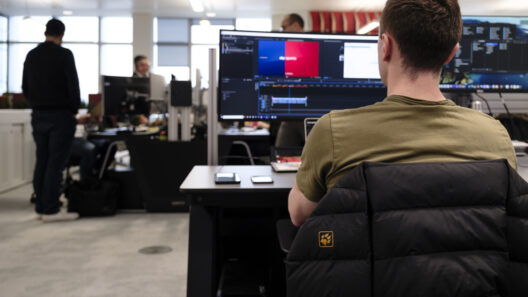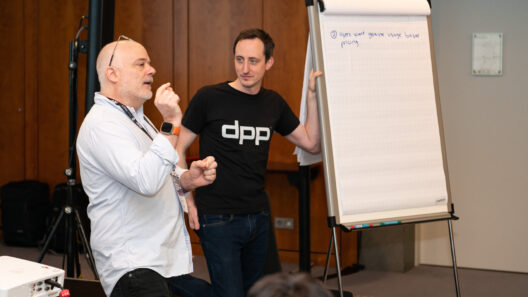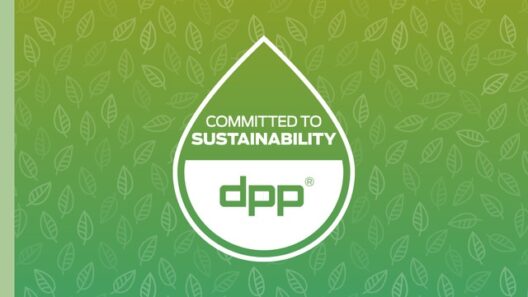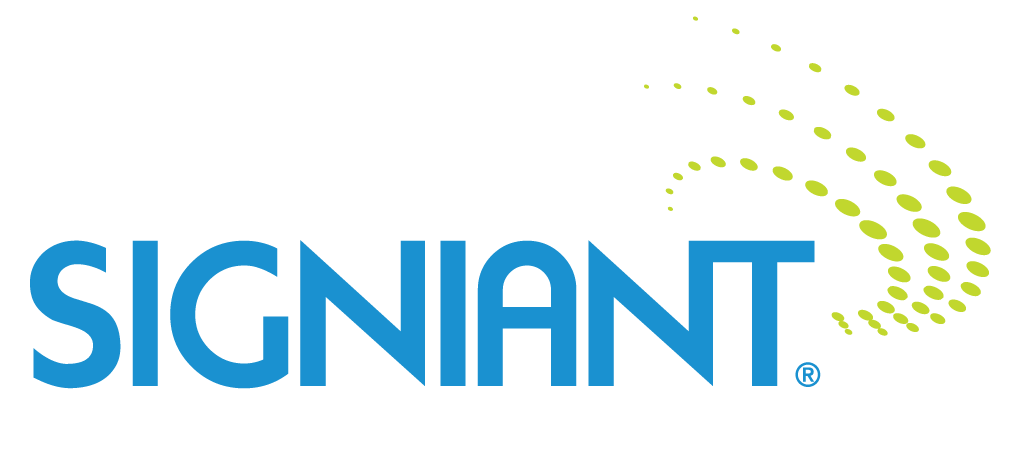The findings were published today from a unique research project by the media industry’s business network, the DPP, in collaboration with one of its member companies, Signiant.
The special report, Will Covid-19 Change The Way We Work?, is the result of months of research undertaken with 100 media companies, of all kinds, as they managed their operations from lockdown during the coronavirus pandemic.
Participants were surveyed on a weekly and monthly basis between late March and the end of June, 2020. The surveys explored their feelings about remote working, the measures being taken to deal with the crisis, and their views on the impacts.
‘The story commonly told is that the media industry moved to remote working quickly and well; and this is true. But no-one has reported what happened next - until now,’ says DPP Managing Director, and author of the report, Mark Harrison. ‘What we have uncovered is a rollercoaster of anxiety and uncertainty.’
Among the key findings:
- Most companies were pre-adapted to working away from the office, and the smooth transition proved the case for flexible working, which will now endure
- But this smoothness concealed considerable mood swings
- People like flexible working more than homeworking. Craving for social interaction and business engagements is driving the return to the office
- Any company currently redesigning its office space for segregated working is wasting its money
- There is nothing to suggest that remote working was, in itself, good for business
- The next year looks bleak - with cost cutting, tighter budgets, dramatically less travel, and a reduction in office space
- Content companies have been hit hard but can now see a way out. Technology companies have fared better but fear more for the future
“We’ve had a privileged inside view how the industry coped as companies moved operations from professional facilities to personal homes,” says Chris Fournelle, Signiant’s Director, M&E Product Marketing. “Emotions and stresses have been all over the place, yet the survey results show a resilient, adaptive industry carrying on. As the first chapter of a much longer story ends, the first return to offices, sets, and facilities, marks the next.”
The DPP has already begun work on its next major project, Design for Tomorrow, which will provide guidance on how best to build back businesses after the pandemic is over. The first in a series of six Design for Tomorrow reports, Key Design Principles, will be made available to DPP members in late August, and will be followed by a webcast to discuss the findings.


